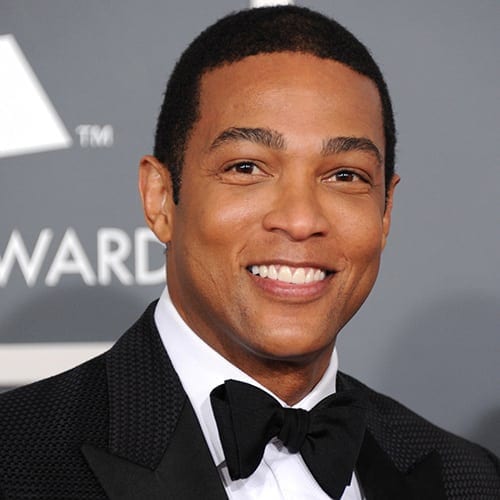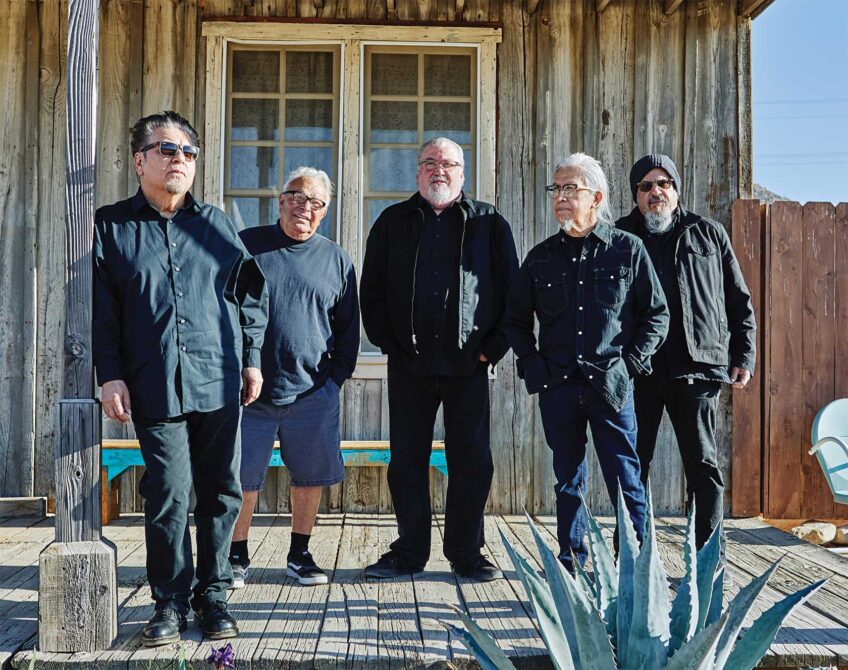Don Lemon talks journalism, coming out and his ‘March on Washington’ special


CNN’s We Were There includes testimony from U.S. Rep. John Lewis (D-Ga.), the sole surviving speaker from the “March on Washington for Jobs and Freedom.” The youngest speaker at the march, Lewis was 23 when he addressed the crowd on Aug. 28, 1963. Lewis acted as chairman of the Student Nonviolent Coordinating Committee from 1963 to 1966.
Born in Baton Rouge, La., on March 1, 1966, Don Lemon anchors CNN Newsroom during weekend prime time and serves as a correspondent across CNN/U.S. programming. Based out of the network’s New York bureau, Lemon joined CNN in September 2006.
In 2008, he reported from Chicago in the days leading up to the presidential election, conducting an interview with Rahm Emanuel on the day he agreed to serve as President Barack Obama’s Chief of Staff. He also interviewed Anne Cooper, the 106-year-old voter Obama mentioned in his election night acceptance speech.
Lemon has covered many breaking news stories, including the George Zimmerman trial, the Boston Marathon bombing, the Sandy Hook Elementary School shooting, the Colorado Theater shooting, the Inauguration of the 44th President in Washington, D.C., the death of Whitney Houston and the death of Michael Jackson to name a few. And he anchored the network’s breaking news coverage of the Japan tsunami, the Arab Spring and the death of Osama Bin Laden.
Lemon graduated from Brooklyn college with a degree in broadcast journalism in 1996. He began his career at WNYW in New York City as a news assistant while still in school. He has won an Edward R. Murrow award for his coverage of the capture of the Washington, D.C., snipers and an Emmy for a special report on real estate in Chicagoland.
In 2009, Ebony Magazine named him one of the 150 most influential blacks in America. A couple of years later, he came out of the closet and discussed his homosexuality in his autobiography, Transparent.
Lemon recently caught a lot of flak from a number of African American pundits for agreeing with Bill O’Reilly’s criticisms of the black community, especially because he even suggested that the conservative talk show host hadn’t gone far enough.
Lemon will host the upcoming CNN special, We Were There: The March On Washington – An Oral History. The special is set to debut on CNN on Friday, Aug. 23 at 10 p.m., 1 a.m. and 4 a.m.
What interested you in doing a special about the “March on Washington?”
We had been talking about it for a while as the 50th anniversary approached, and I kept indicating that I would love to be a part of it. Somewhere, somehow, somebody heard that, and they said, “Don really wants to do this. Let’s have him do it.”
Being an Emmy Award-winner and Edward R. Murrow Award-winner, I don’t think you’d have to beg too much.
Just because I’m here at CNN, I never rest on my laurels and presume I can coast now. I still throw my hat in the ring and push to have a voice. I am the face of this documentary for CNN, and I think that says a lot about how far we’ve come. Here I am, a young African American who has a voice at this major network. That is part of the fulfillment of Dr. King’s dream.
Does the documentary have a theme?
There are, for me, a few different themes. People like John Lewis and A. Philip Randolph put their lives on the line to participate. So, the first theme that stands out to me is courage. The second theme was the hope they exhibited in “the teeth of the most terrifying odds,” as James Baldwin said.
Thirdly, Bayard Rustin, who many call “The Architect of the Civil Rights Movement,” finally gets his due. I think that’s a fair characterization to some degree. He’s the silent, strong man who made the march happen. But because he was gay and people tried to use that against him is probably why we don’t hear so much about him.
I remember feeling admiration as a child for the folks from my neighborhood who were going down to the “March on Washington,” because of everyone’s palpable sense of concern for their safety.
I think admiration is a good way of putting it. Whenever I see John Lewis, I invariably say, “Thank you.” And I will never stop. I don’t know how he’s still standing, because what he endured took courage and strength that I don’t know that I have.
How do you feel about that as probably the most prominent black celebrity to come out?
I don’t consider myself a celebrity. I’m just a journalist. Frank Ocean is a celebrity. Yeah, I was in the forefront and took a lot of heat for it. I think the President’s evolution in terms of gay marriage has helped change many people’s minds. I think it’s empowering for a person to live an authentic life.
It can only help when prominent and successful people of color come out and live authentically, because younger people who are being bullied and might be questioning whether they should continue to live might have second thoughts about taking their own lives. So yeah, I think any celebrity who comes out can only help a young person struggling with the stigma.
Do you think your coming out started a snowball effect among black gays?
I don’t know. But I do think it helps the next person, because I get positive feedback every day from someone who has read my book.
Is there any question no one ever asks you, that you wish someone would?
Yes, what do you get from icons like Dr. King, Malcolm X and John Lewis? What I get from them is personal empowerment, personal responsibility and that the only thing you truly own is your mind. And once you truly own your mind, you’re free.
You can decide for yourself what is the best way to respond in the face of discrimination. How to carry yourself with dignity. What matters is how you think of yourself and having presence of mind. Once you get that right, it doesn’t matter what anyone thinks of you, because you know how to carry yourself in the world.
What was the last book you read?
The last two books I read were: The New Jim Crow by Michelle Alexander, and Man’s Search for Meaning by Viktor Frankl, a Holocaust survivor.
What is your favorite dish to cook?
Seafood gumbo, because I get to make it with my family over the holidays.
If you could have one wish instantly granted, what would that be?
That we would not be so enamored with the slavery of equality, and be more enamored with the freedom of independence.
What key quality do you believe all successful people share?
Being self-possessed. Having a strong sense of self.
What was your best career decision?
Leaving Louisiana.
What advice do you have for anyone who wants to follow in your footsteps?
I think it’s great, if you want to follow in my footsteps, but I want you to be better than me, and you have to do it because you are passionately motivated by journalism and by a quest for the truth, not by a desire to be a celebrity. That’s not what this is all about.
And you have to be thick-skinned, since you’re going to receive a lot of criticism, and that’s part of what being a journalist is. I feel really strongly about the oath that I’ve taken to inform and to tell the truth. I’m not a race protector, I’m a truth protector. The truth is the truth is the truth. And as long as you tell the truth, you’ll be okay in the end. A lot of people didn’t like Dr. King, either, especially the black establishment. So, you may not be liked, but you’ll be respected.






